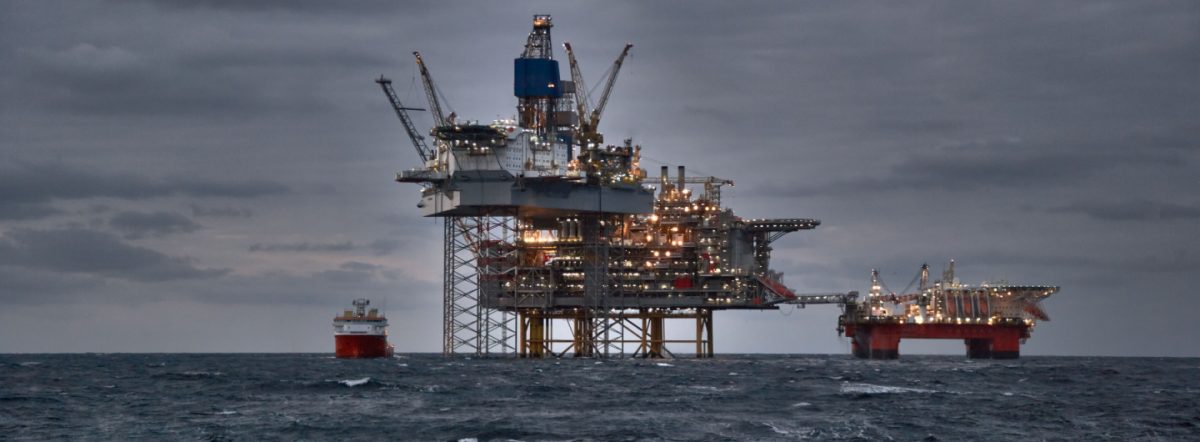New analysis by energy consultancy Voar shows that hundreds of oil and gas licences handed out by the previous government have delivered almost nothing in return.
Research by energy consultancy Voar found that seven licensing rounds between 2010 and 2024 led to just 20 new and re-licensed fields, which together have so far produced the equivalent of just 36 days of gas.
Even over their full lifetimes, those fields are expected to deliver less than six months of gas in total. Polling now shows public support for this shift, with a majority of Scots surveyed backing a move away from oil and gas and strong support for prioritising clean energy as the route to long-term jobs and investment.
Meanwhile, the chair of the Scottish Affairs Committee of MPs has claimed the Government should weaken the windfall tax on oil and gas companies, despite ministers reaffirming that the Energy Profits Levy will remain in place until March 2030 at the latest and be replaced by a reformed mechanism thereafter
A spokesperson for the End Fuel Poverty Coalition, commented:
“There is a real risk to households in clinging to a broken system that delivers high bills and volatile prices as the North Sea runs out of gas.
“Hundreds of licences handed out over the past decade have delivered barely a month’s worth of gas, while oil and gas jobs have more than halved. This industry is in geological decline, whether politicians like it or not
“Despite this, just 27 energy firms have made around £40 billion in UK profits in the last two years, even with the Energy Profits Levy in place. That is why the levy must continue, and why it must be followed by a stronger, reformed mechanism after 2030 that ensures energy companies contribute fairly while households are still struggling.
“But taxation alone is not enough. The UK needs a properly funded plan to manage the decline of the North Sea in a way that protects workers and communities, cuts bills, invests in clean energy and upgrades cold, leaky homes.
“The real test now is whether politicians will commit to delivering secure jobs, affordable energy and an end to fuel poverty, or if they allow the same broken system to keep failing people.”





